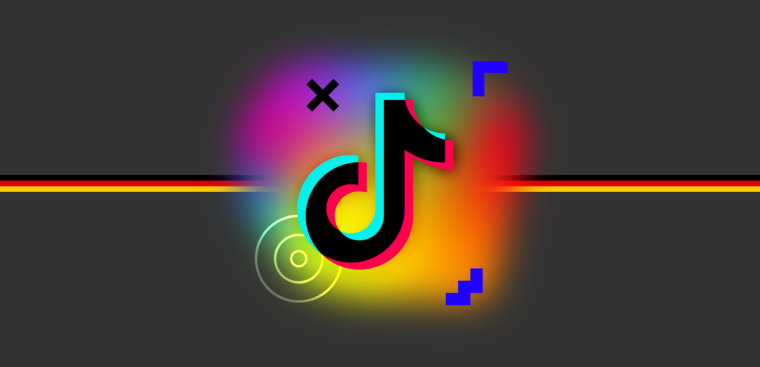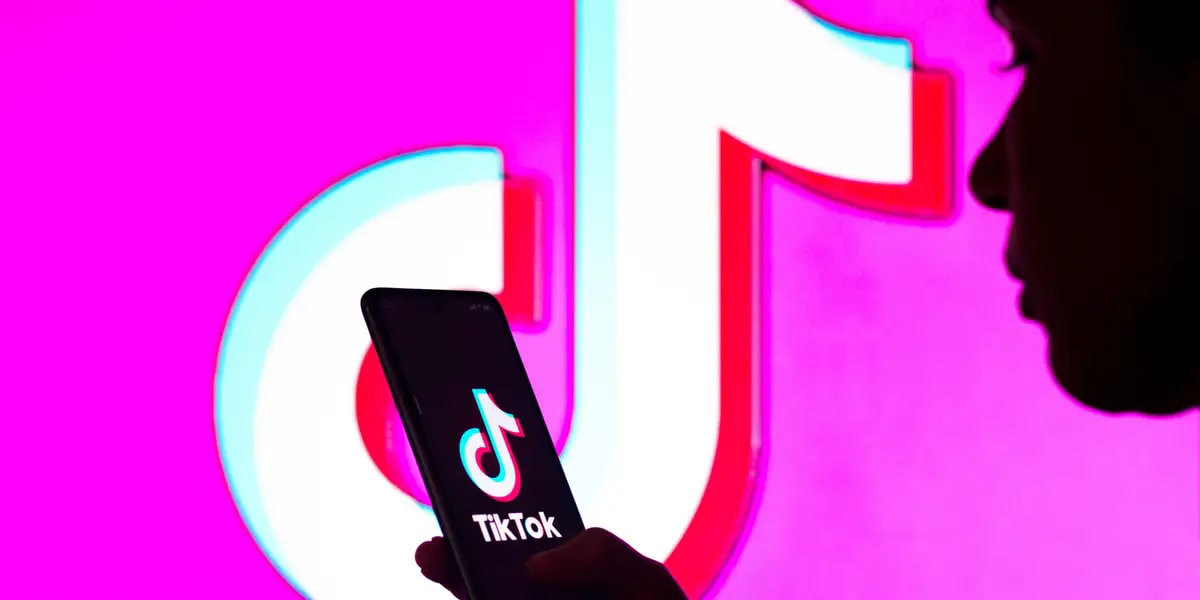
Non-profit software giant Mozilla is investigating TikTok’s advertising policies, which are alleged to be inefficient and have the potential to influence election campaigns on a global scale.
Political Influencers Flies Under TikTok’s Advert Policy Radar
Amid the ongoing struggle with disinformation and incitement in political advertising across social media platforms, TikTok has presented itself as an outlier and a model of transparency.
However, recent research conducted by Mozilla reveals a contradictory narrative to TikTok’s claims.
The investigation showed that the social media platform had been used to promote disinformation in political content, especially in lesser used languages.
To tackle this problem, Mozilla recently launched an open-source research and investigations (OSRI) team to utilize crowdsourced data to study social platforms’ influence on individuals and campaigns.
https://twitter.com/mozilla/status/1668627513684414465?s=61&t=2-MxLrTRPcoC7B75IVjXTg
While TikTok has previously claimed to implement policies banning all political advertisements and positioning itself as a more transparent platform compared to Facebook, leading technology experts contend that it is not immune to partisan ads.
This is due to insufficient oversight, loopholes, and the emergence of new forms of political advertising.
As detailed in the investigation, political influencers thrive on TikTok due to the platform’s vague political ad policies, which lack effective monitoring and enforcement measures.
U.S. and Europe Tiktok influencers with a large following are supported by political organizations and campaigns to create and post content that espouses their views about specific narratives.
These creators frequently use social media platforms to spread their political ideas and viewpoints without disclosing their paid partnerships.
Despite the TikTok ban on political ads, there has been no functional monitoring or enforcement rule to scrutinize the content and punish defaulters.
Mozilla’s report also stated that the social platform does not label sponsored ads. This indicated the inability to track the full breadth of political influence on the platform toward the active election.
It argues that TikTok’s zero ad transparency and inconsistent disclosure practices are detrimental to free and fair elections.
This is because users’ thoughts are often clouded with misinformation and incitement spread across the platform.
The Mozilla OSRI team also encouraged users to donate their data to help more discovery in its ongoing investigation of TikTok’s political ads policy.
Kenya Political Tension Steered by Contents from TikTok
Major communication platforms like YouTube, Twitter, and TikTok have played a significant role in shaping the outcomes of elections worldwide.
On June 8, 2022, Mozilla released a comprehensive report highlighting TikTok’s prominent position as Kenya’s most popular social channel and its contribution to the dissemination of disinformation.
This led to heightened political tensions in anticipation of the August general election.
The report analyzed approximately 130 highly-viewed videos that were found to contain incitement, political disinformation, and hate speech.
This revelation contradicts TikTok’s ad policy, which prohibits the sharing of discriminatory, hateful, inciteful, and synthetic content.
Odanga Madung, a researcher from Mozilla Tech and Society based in Kenya, emphasized that TikTok has a profound influence on the thoughts and opinions of both young and elderly individuals.
The viral nature of TikTok’s short video format has allowed such content to permeate other communication platforms such as WhatsApp, Instagram Stories, and Twitter.
The report also revealed that interviews conducted with TikTok content moderators demonstrated their lack of familiarity with the political context in Kenya, a crucial factor contributing to political tensions.
As a result, certain instances of misinformation and inflammatory political content were not adequately addressed or removed.
This may be due to a lack of content moderators familiar with Swahili or the Kenyan political scene.
Madung believes Kenya’s democracy is yet to recover from the 2022 post-election violence. As such, Mozilla thinks that TikTok is capable of causing danger in the highly volatile political landscape.
Surprisingly, the election was peaceful and was vetted by commonwealth observers as transparent, though this doesn’t mean that TikTok misinformation didn’t sway the minds of voters.
TikTok has shown incapability in addressing political ads on its platform, potentially endangering global regions in the fight against disinformation and incitement.
Recommendations to Reinforce TikTok Policy
To address the issue of discriminatory content related to political campaigns and other narratives, Mozilla has developed efficiency-driven recommendations to help TikTok prepare for future elections.
The software giant stated that TikTok must develop mechanisms for influencers to disclose paid partnerships.
Additionally, it is suggested that the platform integrates a versatile ad transparency database, allowing for better tracking and monitoring of political advertising content.
Furthermore, Mozilla suggests that TikTok updates its existing policies to ensure they provide clear guidelines for processing sponsored political ads.
While political advertising on social media presents challenges, implementing these recommended measures will allow the platform to evolve and adapt in a way that safeguards the integrity of elections and civic discourse.
Related News
- Twitch Becomes the Latest Social Network to Launch a TikTok-Like Feed
- Leaked TikTok Memo Reveals That It Coordinates ‘Social Engineering at Scale’ to Claim That All Negative TikTok Info is Disinformation
- Worries Compound for Newly Listed Tech Companies amid Sagging Stocks
Wall Street Memes (WSM) - Newest Meme Coin
- Community of 1 Million Followers
- Experienced NFT Project Founders
- Listed On OKX
- Staking Rewards
